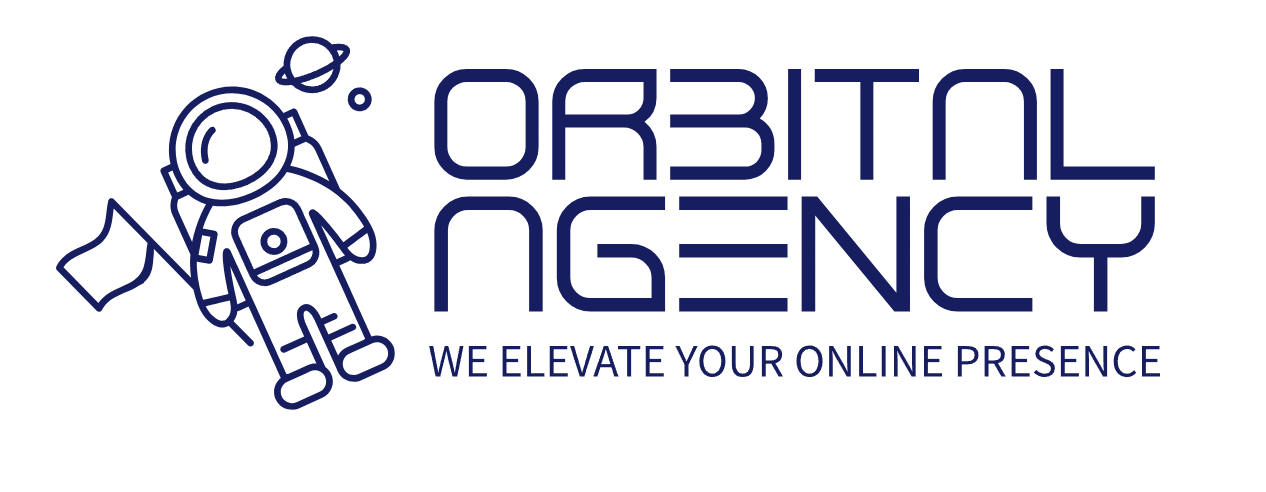Web Design for Real Estate Agents: Stand Out and Sell More
A great real estate website does more than showcase listings—it builds your personal brand, drives leads, and establishes your authority in a crowded market. Whether you're a solo agent or part of a brokerage, your website should work 24/7 to attract clients, generate trust, and convert visitors into buyers or sellers.
Modern home buyers begin their search online, and first impressions matter. A professionally designed site shows that you’re tech-savvy, credible, and ready to deliver. If your site is slow, outdated, or confusing to use, visitors won’t stick around long enough to see what makes you different.
The best real estate websites have a clear focus. Start with a clean homepage that tells visitors who you are, what areas you serve, and how to get started. Include a strong call-to-action like “Schedule a Consultation” or “Browse Available Listings” above the fold.
Your site must be mobile-optimized and lightning fast. Most home searches happen on mobile devices, and a slow or clunky experience leads to lost business. A responsive layout, easy thumb navigation, and fast load times are non-negotiable.
IDX integration is key. Allow visitors to search MLS listings directly from your site using filters for price, location, property type, and more. Make it easy to save searches or contact you about a specific property.
Don’t forget about your personal brand. Use professional headshots, a strong About Me page, and personal messaging throughout your site to build connection and trust. Buyers and sellers want to work with someone who feels approachable and knowledgeable.
Local SEO is another major opportunity. Optimize your content for searches like “real estate agent in [City]” or “homes for sale in [Neighborhood].” Include pages for specific towns or neighborhoods, and regularly update your blog or market reports to boost visibility.
Add testimonials and social proof. Include quotes from past clients, ratings from Zillow or Google, and real success stories. These build credibility and give new visitors confidence in your ability to deliver results.
Your site should also capture leads. Include simple forms that invite visitors to “Request a Home Valuation,” “Sign Up for New Listings,” or “Book a Call.” Keep the forms short—name, email, and phone is often enough to start.
A blog can help you stand out as a market expert. Cover topics like local housing trends, staging tips, financing insights, or open house recaps. Great content helps with SEO and gives visitors a reason to come back.
Finally, your site should include smart integrations—like Calendly for scheduling, CRM tools to manage leads, and tracking tools like Google Analytics to monitor performance and improve over time.
A well-designed website isn’t just a luxury for agents—it’s a lead generator, trust-builder, and sales closer. When done right, it becomes your most powerful marketing asset.
Schedule your Free Custom Website Demonstration today to see how a real estate website can be tailored to your brand, built for performance, and optimized to help you sell more—online and offline.
Modern home buyers begin their search online, and first impressions matter. A professionally designed site shows that you’re tech-savvy, credible, and ready to deliver. If your site is slow, outdated, or confusing to use, visitors won’t stick around long enough to see what makes you different.
The best real estate websites have a clear focus. Start with a clean homepage that tells visitors who you are, what areas you serve, and how to get started. Include a strong call-to-action like “Schedule a Consultation” or “Browse Available Listings” above the fold.
Your site must be mobile-optimized and lightning fast. Most home searches happen on mobile devices, and a slow or clunky experience leads to lost business. A responsive layout, easy thumb navigation, and fast load times are non-negotiable.
IDX integration is key. Allow visitors to search MLS listings directly from your site using filters for price, location, property type, and more. Make it easy to save searches or contact you about a specific property.
Don’t forget about your personal brand. Use professional headshots, a strong About Me page, and personal messaging throughout your site to build connection and trust. Buyers and sellers want to work with someone who feels approachable and knowledgeable.
Local SEO is another major opportunity. Optimize your content for searches like “real estate agent in [City]” or “homes for sale in [Neighborhood].” Include pages for specific towns or neighborhoods, and regularly update your blog or market reports to boost visibility.
Add testimonials and social proof. Include quotes from past clients, ratings from Zillow or Google, and real success stories. These build credibility and give new visitors confidence in your ability to deliver results.
Your site should also capture leads. Include simple forms that invite visitors to “Request a Home Valuation,” “Sign Up for New Listings,” or “Book a Call.” Keep the forms short—name, email, and phone is often enough to start.
A blog can help you stand out as a market expert. Cover topics like local housing trends, staging tips, financing insights, or open house recaps. Great content helps with SEO and gives visitors a reason to come back.
Finally, your site should include smart integrations—like Calendly for scheduling, CRM tools to manage leads, and tracking tools like Google Analytics to monitor performance and improve over time.
A well-designed website isn’t just a luxury for agents—it’s a lead generator, trust-builder, and sales closer. When done right, it becomes your most powerful marketing asset.
Schedule your Free Custom Website Demonstration today to see how a real estate website can be tailored to your brand, built for performance, and optimized to help you sell more—online and offline.
